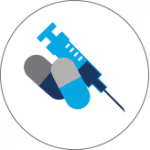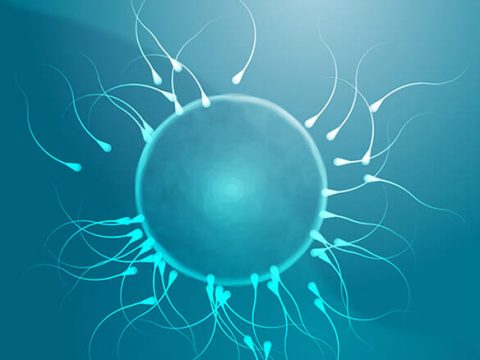What is pcos? Around one in five women have polycystic ovaries. Most women with polycystic ovaries have no symptoms. The term polycystic is a bit misleading. Early researchers thought that they could see cysts (small fluid-filled sacs) on the ovaries. In fact, what they saw were enlarged follicles.
In a normal ovary, around five follicles (small sacs) develop at the beginning of the menstrual cycle. These follicles contain eggs. Usually one follicle each month continues to develop until it releases an egg into the fallopian tube. This is known as ovulation.













